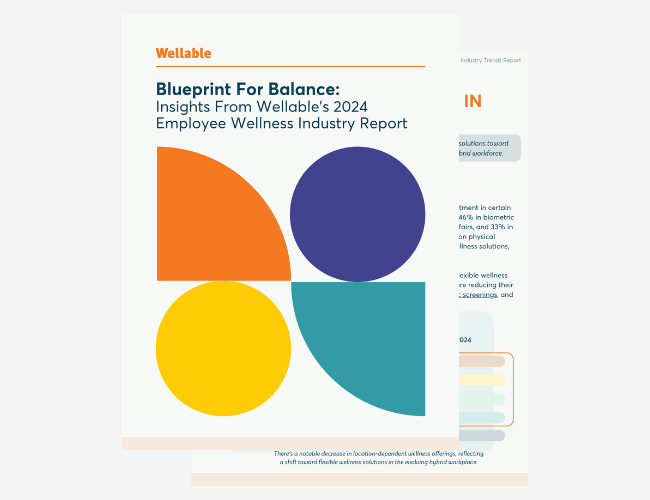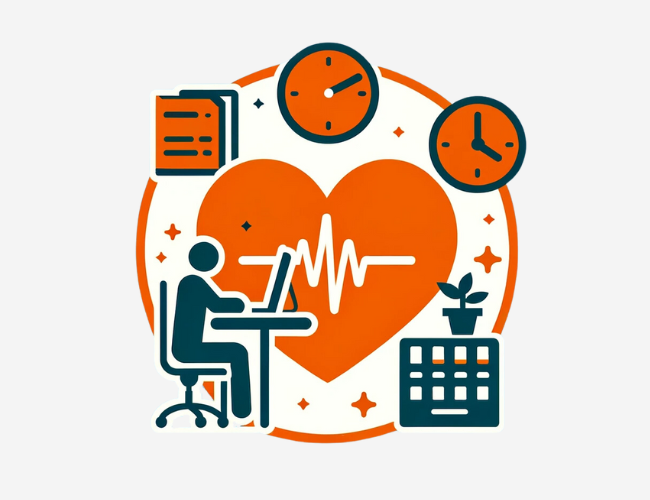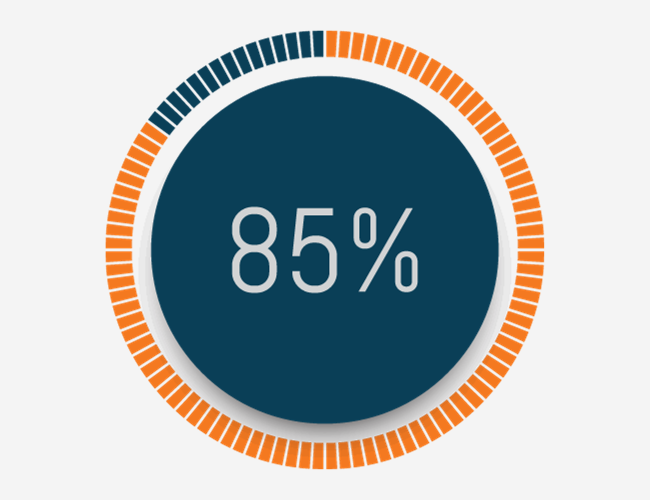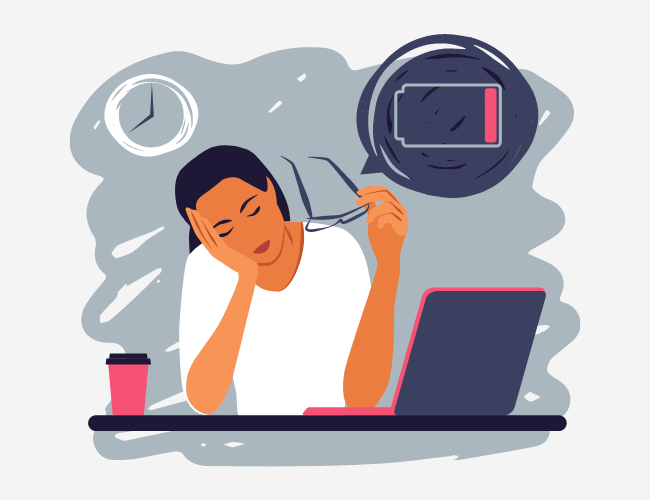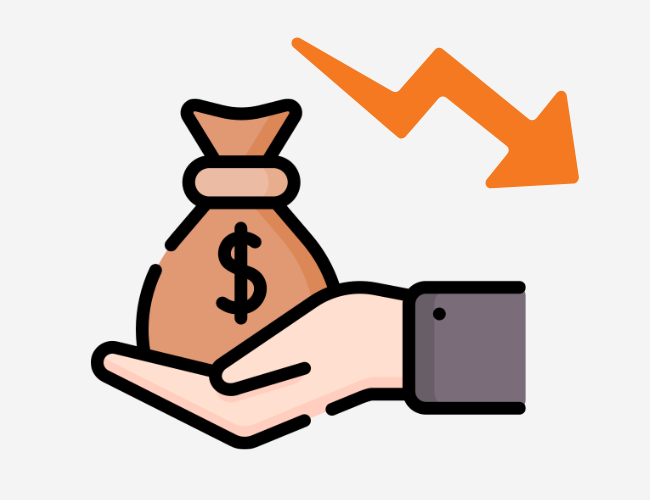A new, but small, study from researchers at Carnegie Mellon University shows that a mindfulness app measurably reduced stress compared to a control app. The app used in the study was EBM For Stress and was developed by 01 Expert Systems. It is important to note that testing the impact of a smartphone intervention on stress wasn’t the primary purpose of the study; instead it sought to prove that the specific mindfulness practices of monitoring and acceptance were effective.
“Not only were we able to show that acceptance is a critical part of mindfulness training, but we’ve demonstrated for the first time that a short, systematic smartphone mindfulness program helps to reduce the impact of stress on the body. We all experience stress in our lives, but this study shows that it’s possible to learn skills that improve the way our bodies respond to stress with as little as two weeks of dedicated practice. Rather than fighting to get rid of unpleasant feelings, welcoming and accepting these feelings during stressful moments is key.”
– Emily Lindsay, Study Leader
Study Design
The study assigned 144 stressed adults in one of three randomly assigned smartphone-based interventions: (i) training in monitoring the present moment with acceptance, (ii) training in monitoring the present moment only, or (iii) active control training. Each participant completed one 20-minute daily lesson for 14 days. Then, participants were placed in a stressful situation wherein needed to quickly invent and deliver a five-minute speech or do math in front of examiners for five minutes. During the stressful situation, researchers were measuring participants’ cortisol levels and blood pressure.
The results showed that the participants in the combined monitoring and acceptance program reduced cortisol and systolic blood pressure reactivity. Their blood pressure responses were approximately 20% lower than those in the two interventions that did not include acceptance training. Their cortisol responses were also more than 50% lower. The researchers also noted that the smartphone form factor led to extremely low attrition (3%) and high adherence (96%) in the study.
Results
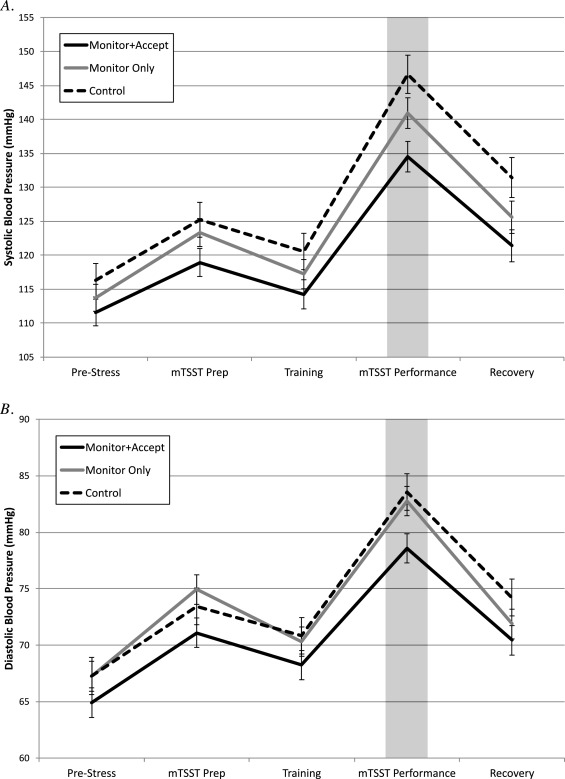
The results showed that the participants in the combined monitoring and acceptance program reduced cortisol and systolic blood pressure reactivity. Their blood pressure responses were approximately 20% lower than those in the two interventions that did not include acceptance training. Their cortisol responses were also more than 50% lower. The researchers also noted that the smartphone form factor led to extremely low attrition (3%) and high adherence (96%) in the study.
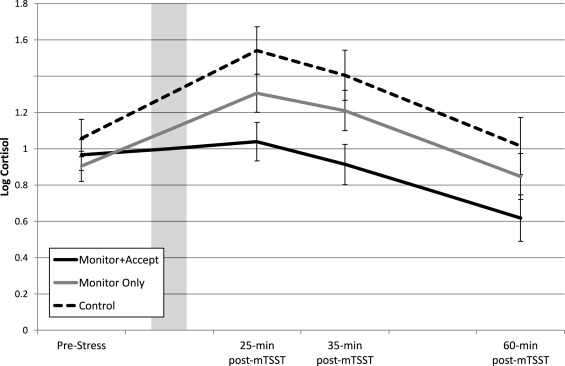
Although the study was small and did not include some of the most popular consumer-oriented mindfulness apps such as Headspace, it is building the foundation for smartphone-based interventions in employee wellness programs for one of the industry’s emerging trends. Physical activity and nutrition tracking through apps continues to become mainstream, but mindfulness and stress management, which are increasingly becoming part of broader wellness strategies have not seen wide spread adoption. Hopefully, studies like these will change that.





